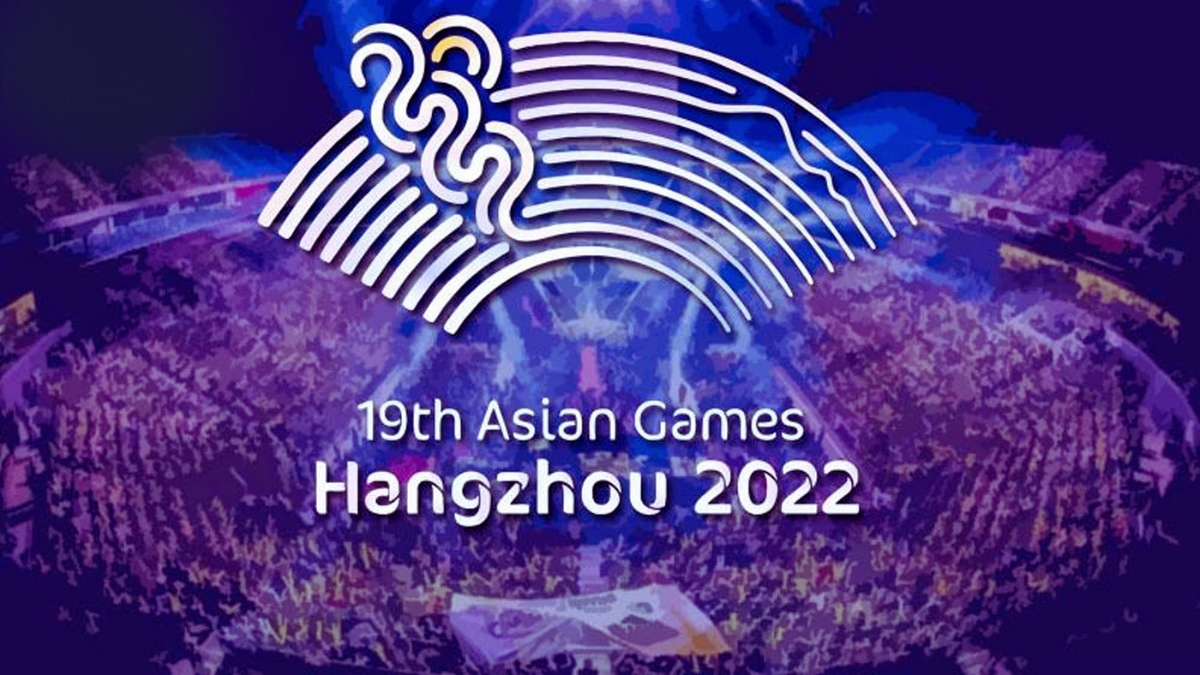The Asian Games, also known as Asiad, is a multi-sport event held every four years among athletes from all over Asia. It is the second-largest multi-sport event after the Olympic Games and is organized by the Asian Games Federation (AGF). The inception of the Asian Games can be traced back to 1913 when the Japanese physician, Dr. Goro Yoshimura, proposed the idea during the Far Eastern Championship Games. However, it wasn’t until 1951 that the first official Asian Games were held in New Delhi, India.
Also Read: History of Indian Cricket Team in Asian Games Cricket Event
The 1951 Asian Games featured athletes from 11 countries participating in six sports, including athletics, cycling, swimming, and weightlifting. India emerged as the overall champion, setting the tone for future editions. Since then, the event has grown substantially, with new sports being added and more countries joining the competition.
The Asian Games were not held in 1953, but they resumed in Manila in 1954 with 18 participating nations. In 1958, Tokyo hosted the Games, introducing judo and table tennis as part of the competition. The 1962 Games in Jakarta saw the inclusion of basketball, fencing, and volleyball. It was also in 1962 that the name was officially changed to “Asian Games.”
Over the years, the Asian Games continued to expand, accommodating more sports and participants. The 1982 Games in Delhi marked a significant milestone with a record number of 33 countries and 1,800 athletes taking part. In 2006, the Games were hosted by Doha, Qatar, making it the first time they were held outside Asia.
The Asian Games have not been without controversies. Political issues have occasionally led to boycotts, such as in 1976 when 25 countries, primarily from the Middle East, withdrew from the Games in protest of New Zealand’s participation in the Olympic Games.
In recent editions, the Asian Games have witnessed fierce competition and outstanding performances from athletes representing diverse cultures and backgrounds. The most recent Games were held in Jakarta and Palembang, Indonesia, in 2018, featuring a record 45 countries and over 11,000 athletes.
The Asian Games have not only provided a platform for athletes to showcase their talents but have also fostered a spirit of unity and cooperation among Asian nations. They promote cultural exchange and understanding, further strengthening diplomatic ties in the region.
The Asian Games have evolved significantly since its inception in 1951. The event has grown in size and significance, contributing to the development of sports in Asia and promoting unity among nations. With each edition, the Asian Games continue to celebrate the rich diversity of the continent while promoting the values of sportsmanship and camaraderie.





